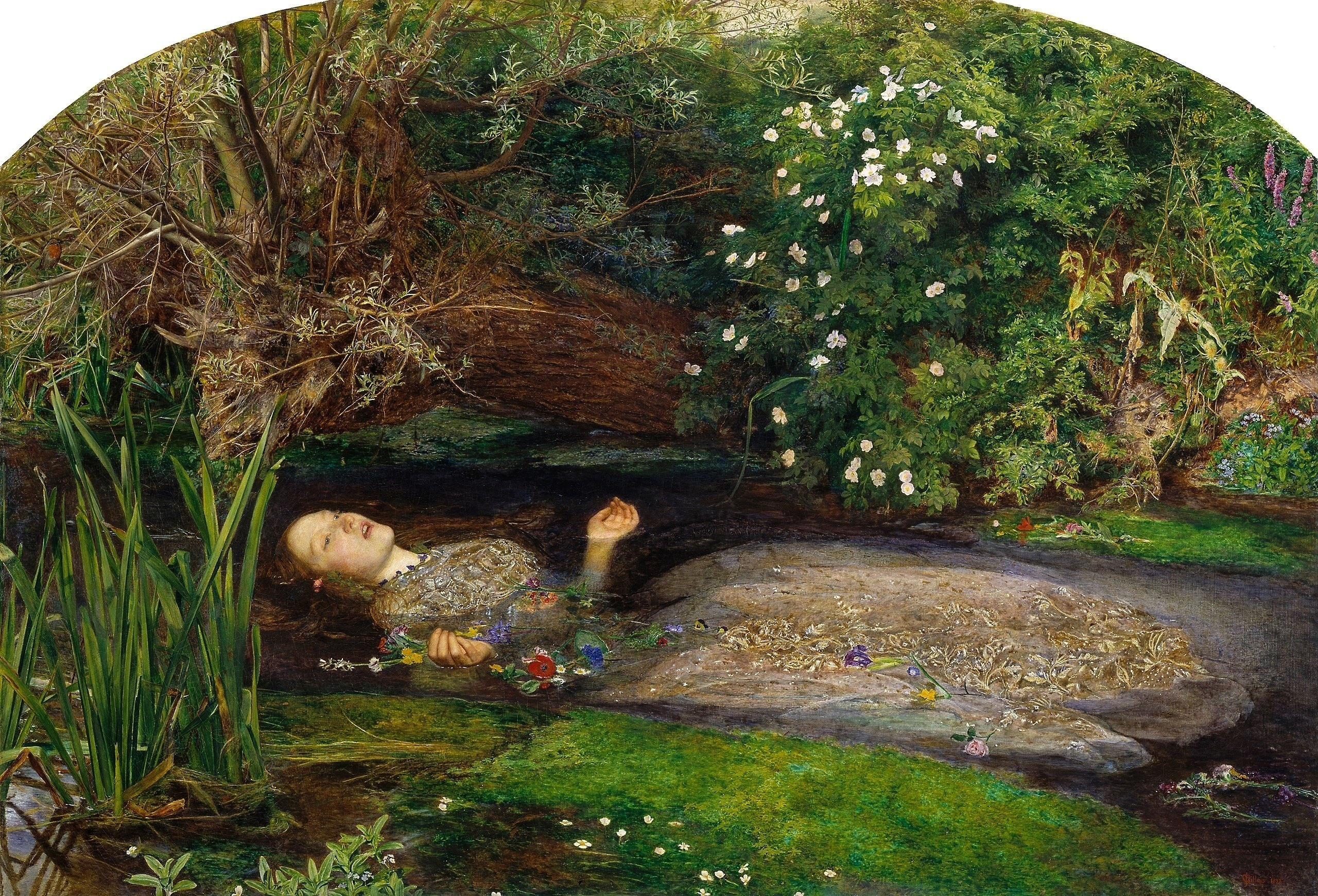depression
Stress affects everyone, but there’s something you can do about it.
America might be in the throes of a loneliness epidemic, but cultivating wisdom can help.
Researchers have changed their tune on how the disorders develop.
Celebrating five years since Grain Brain was published, David Perlmutter doubles down on his warnings.
In Well Grounded, behavioral neuroscience professor Kelly Lambert says it’s all about contingency planning.
Childhood trauma can affect a child’s brain in dramatic ways for the rest of their lives.
Who would have thought that endlessly comparing your life to others would make you feel bad?
Ketamine is showing promise in alleviating suicidal thoughts.
An astronaut had to overcome hearing loss to get to fly to space.
▸
5 min
—
with
It’s not just a case of “what doesn’t kill you makes you stronger.”
Four out of every five American adults and children are not moving enough.
We know the dangers of too little sleep. Now for the other side of the story.
They’re at a higher risk for depression, weekend binge drinking, and unnecessary dieting.
More research is needed into people who experience “high functioning after depression.”
Beyond trigger warnings and safe spaces lies an entire population that espouses victimhood in all walks of life.
▸
8 min
—
with
Meditation with a mystical edge? Don’t knock magick ’til you’ve tried it.
▸
12 min
—
with
Is microdosing magic truffles a way to unlock your creative potential? That’s long been anecdotal, but the evidence is coming.
We talk a lot about what to eat, but what about when?
The structured nature of cognitive behavioural therapy (CBT) and its clearly defined principles (based on the links between thoughts, feelings and behaviours) make it relatively easy to train practitioners, ensure […]
New research published in Proceedings of the National Academy of Sciences used survey data from 2 million Americans to examine the links between climate change and mental health issues.
The five stages of psychogenic death — aka, “give-up-itis.”
Researchers at the Max Planck Institute have pinpointed a neurological trend in those genetically predisposed with depression.
We need a break, but the possibility of getting one seems unlikely.
Mindfulness practices can considerably improve the symptoms of depression and anxiety, especially when used with psychotherapy.
▸
4 min
—
with
The surprisingly simple treatment could prove promising for doctors and patients seeking to treat depression without medication.
Thanks in no small part to the digitization of our social lives, depression is becoming a bigger and bigger issue in western societies. So how do we reverse it?
▸
5 min
—
with
Contrary to what we’ve been told for decades, depression isn’t coming from inside our heads. This author and big thinker tells us that it’s coming much more from the society we live in.
▸
6 min
—
with
What’s the secret language of depression?
British doctors publish a study of a woman who cured herself of cancer with the aid of a household spice.





























